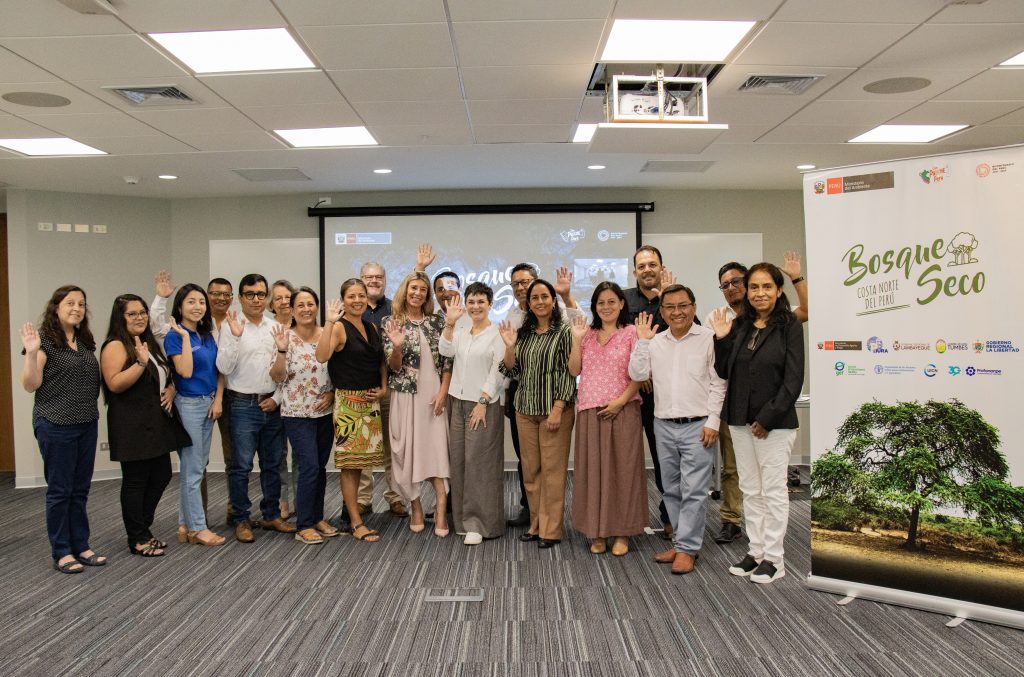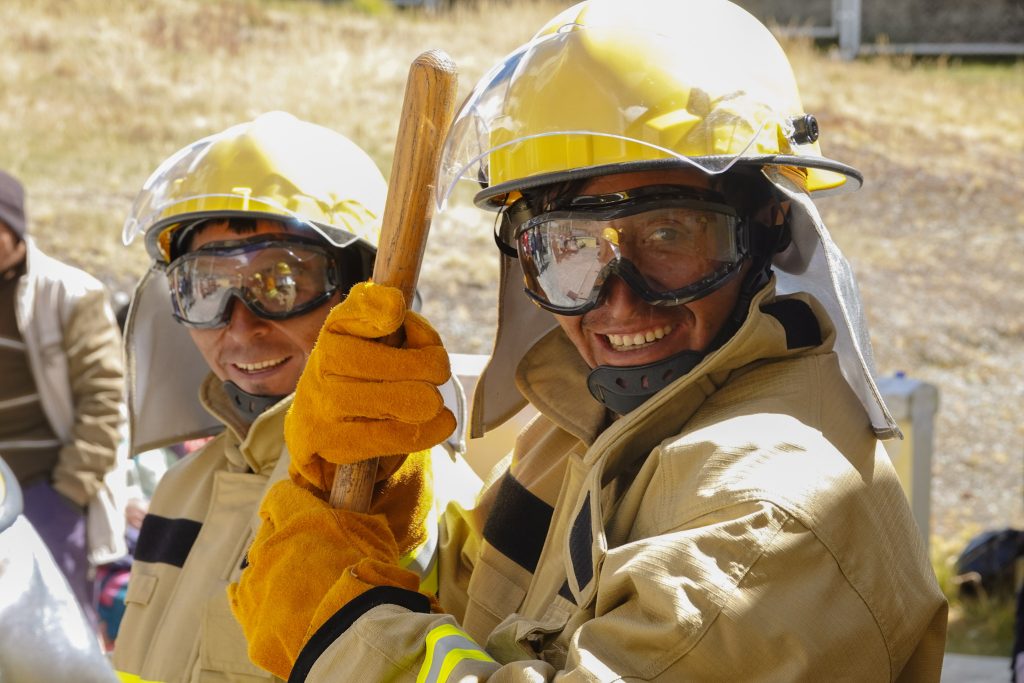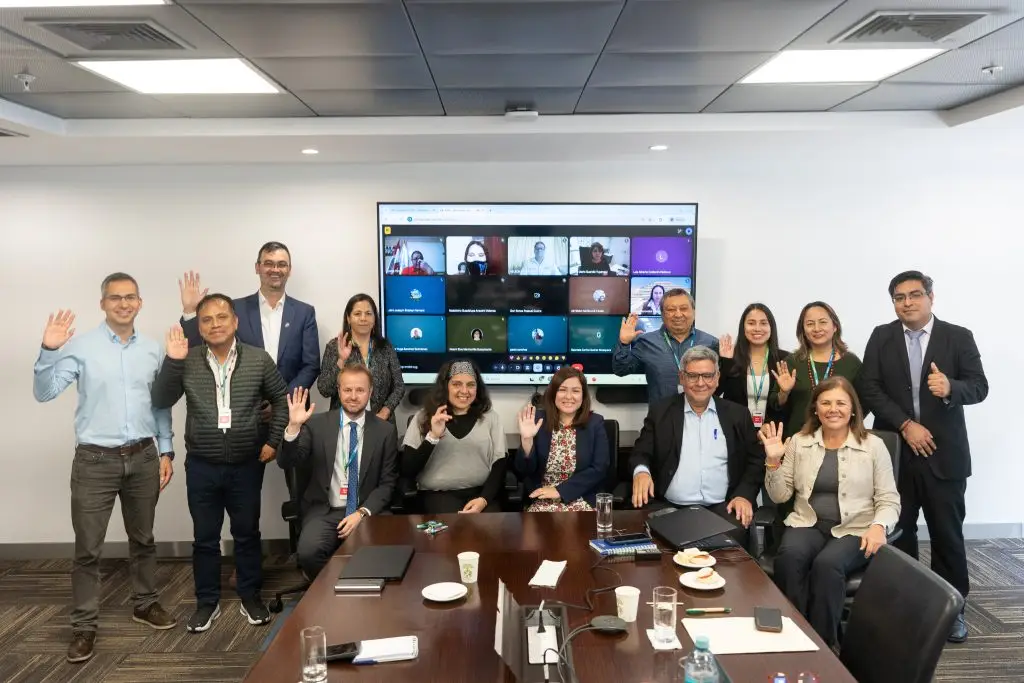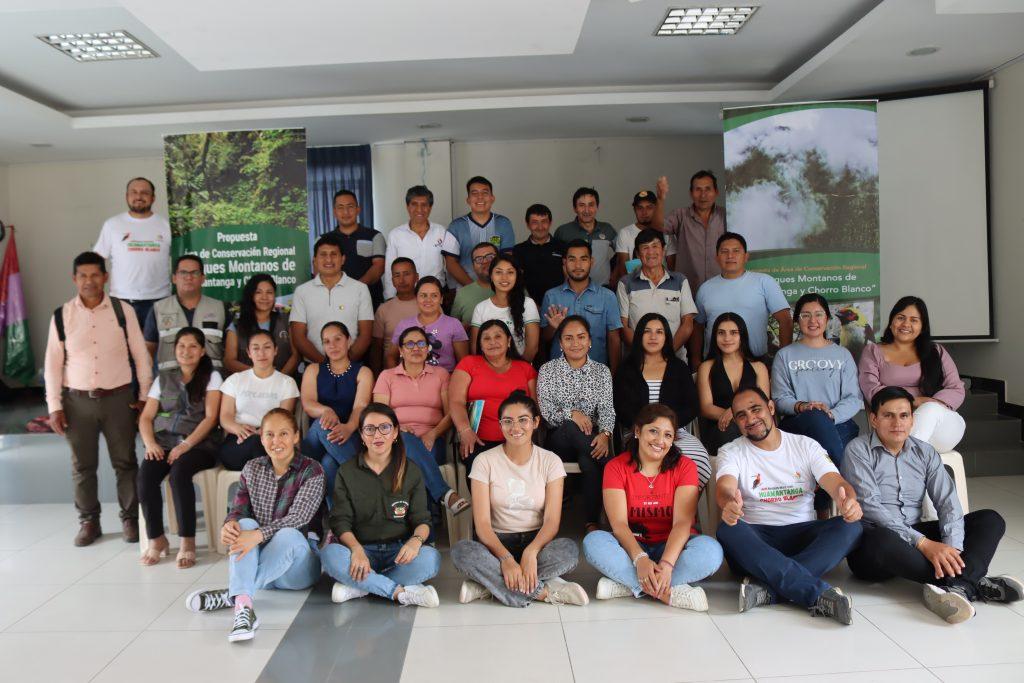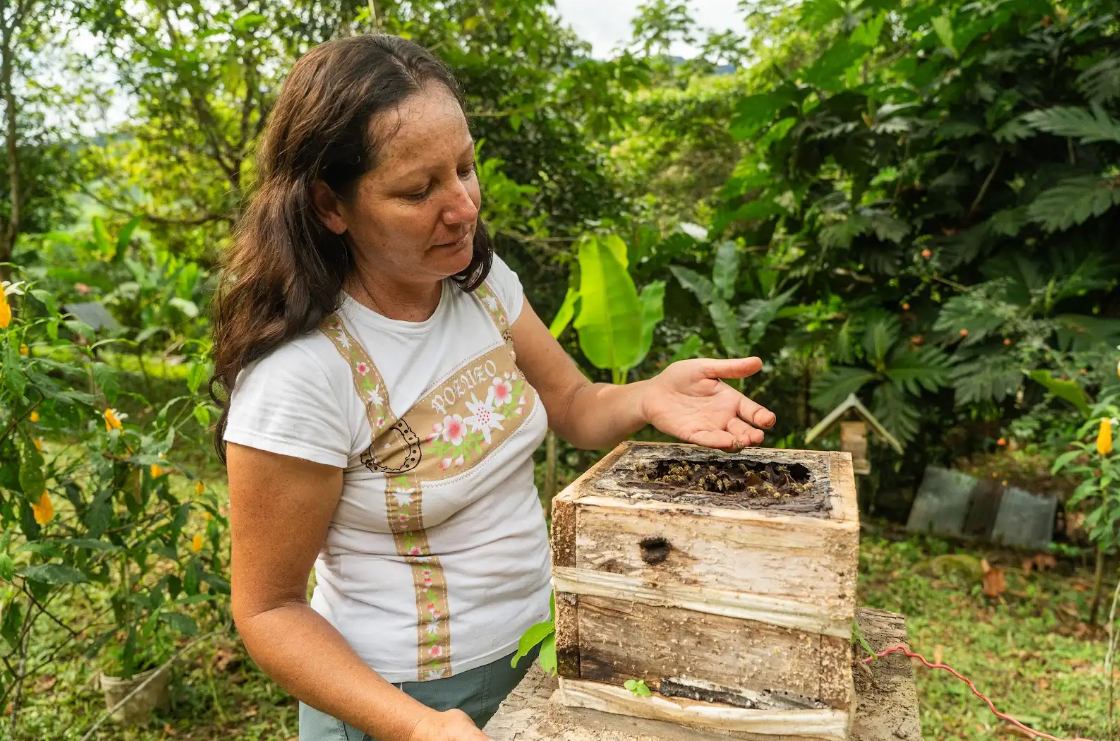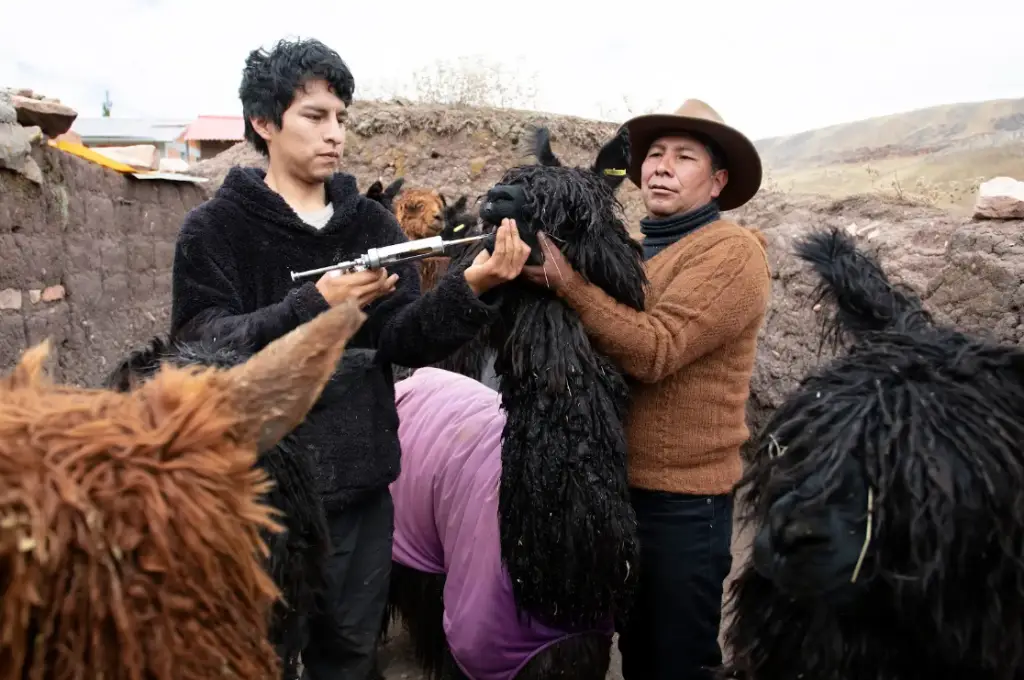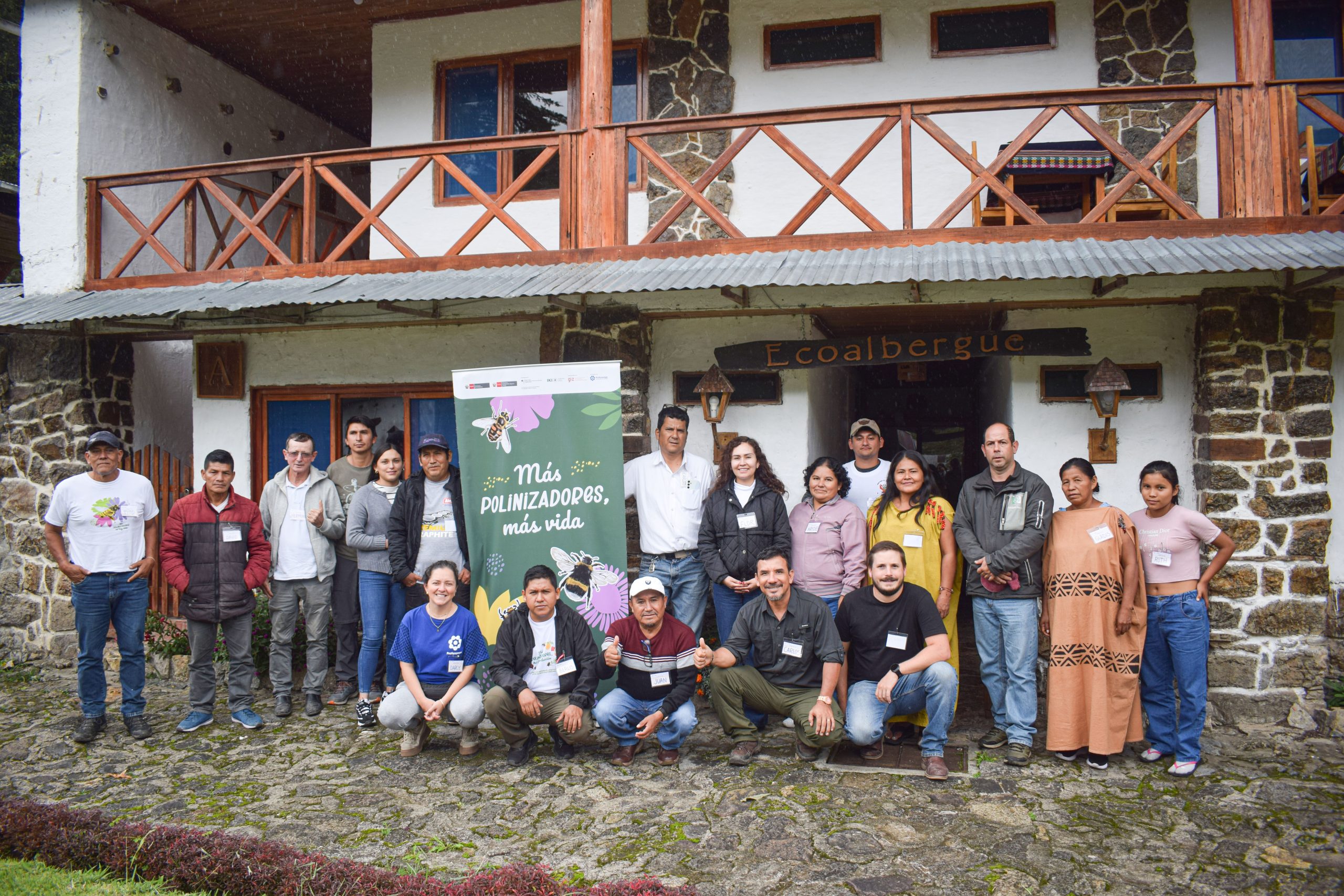From February 12 to 15, the kick-off workshop for the Dry Forest of the Northern Coast of Peru project was held. The purpose of the workshop was to align expectations regarding the objective, scope and results of this initiative, and thus begin its implementation, promoting the systematization of lessons learned and experiences in each phase that can serve as a reference for future projects in the future.
In a context of climate and food crisis, projects such as the Dry Forest of the Northern Coast of Peru acquire special relevance and require a solid articulation between the organizations that are part of its implementation together with local and regional stakeholders. This is why the workshop allowed the key aspects for the conservation and recovery of the dry forests of the Peruvian coast and the increase of the adaptive capacity of the populations to generate sustainable local livelihoods to be exposed.
During the first day of the workshop, Jessica Amanzo, Director of Genetic Resources and Biosafety of the Ministry of Environment, highlighted the importance of applying individual knowledge to the project, especially in a context affected by the El Niño phenomenon. Amanzo highlighted the relevance of the four days of work, and focused on issues related to the experience of each participant, the functions of their respective institutions and the strengthening of teamwork.
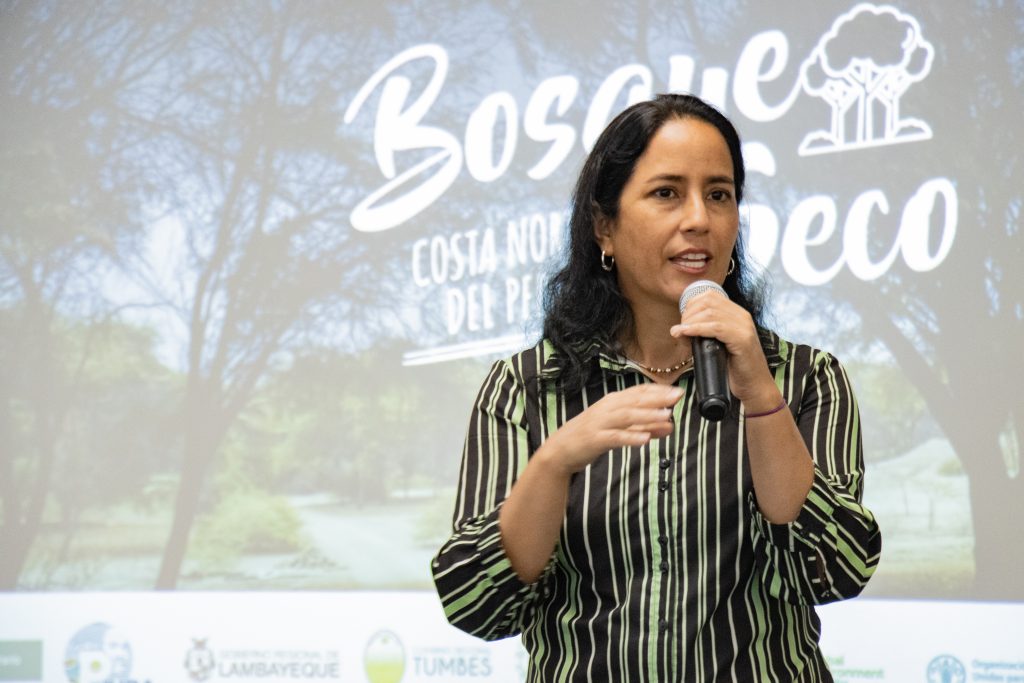
Mariana Escobar, FAO representative in Peru, highlighted the uniqueness of the project in restoration and sustainability, emphasizing the importance of addressing the challenges and opportunities of the dry forest: “The dry forest ecosystem is particularly vulnerable. There are more than 290 thousand hectares of dry forest loss to be restored, in addition to several environmental management problems due to the advance of agribusiness, among other risks.” She stressed the importance of sustainable management of this ecosystem, which is essential for the country and for the lives of people affected by climate change and natural phenomena.
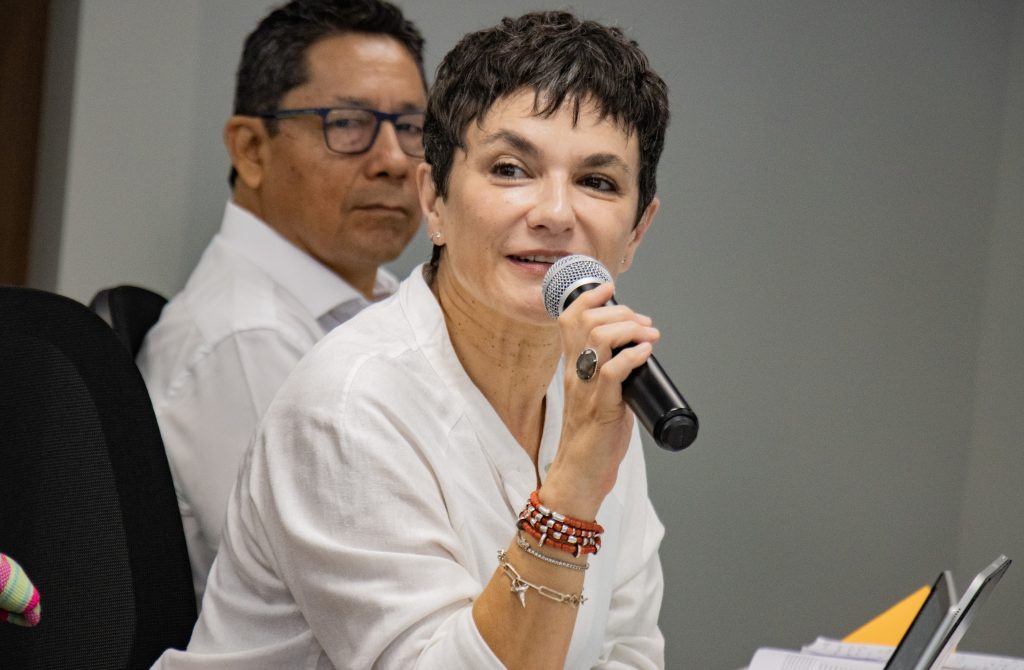
Sergio Lazo, Coordinator of the Dry Forest Project, shared the importance of the project since these ecosystems are a source of life for many people, and presented the instruments that have been developed to address each of the components of this initiative, based on a multi-sectoral, multi-level, multi-stakeholder articulation, with a territorial approach.
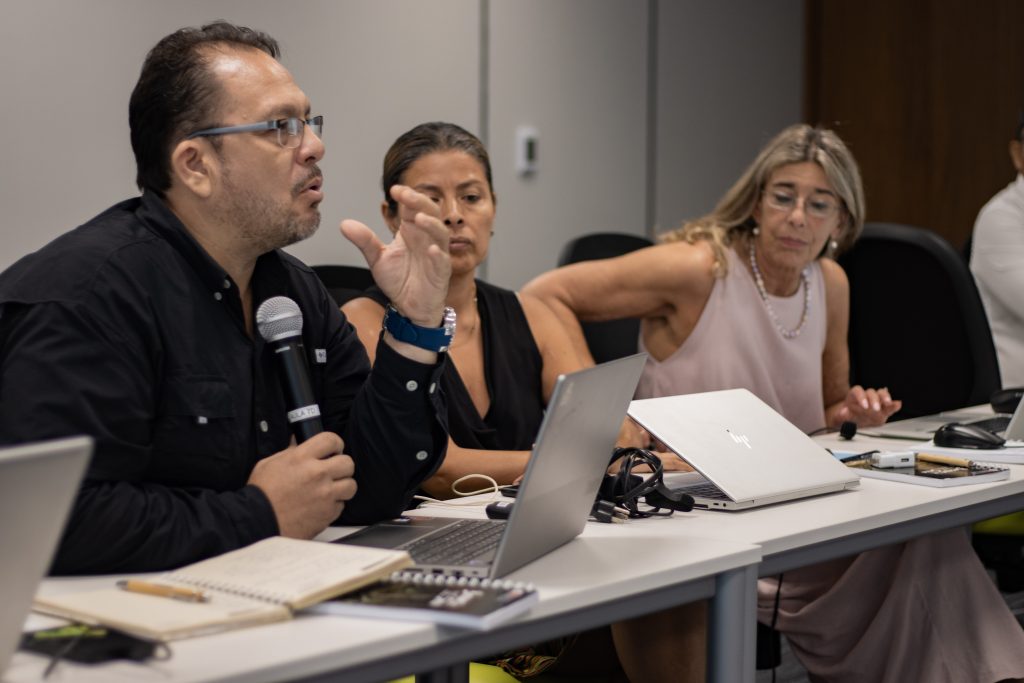
Likewise, dynamics were carried out in which each participant presented the expectations of their organization with respect to the results of the project, considering a comparative analysis “before” and “after”. The vision and alignment of expectations within each entity were explored, with a focus on the various products offered by the forest, such as carob. The project team also outlined the expectations and work planned for each component, including governance, financing, social aspects and knowledge.
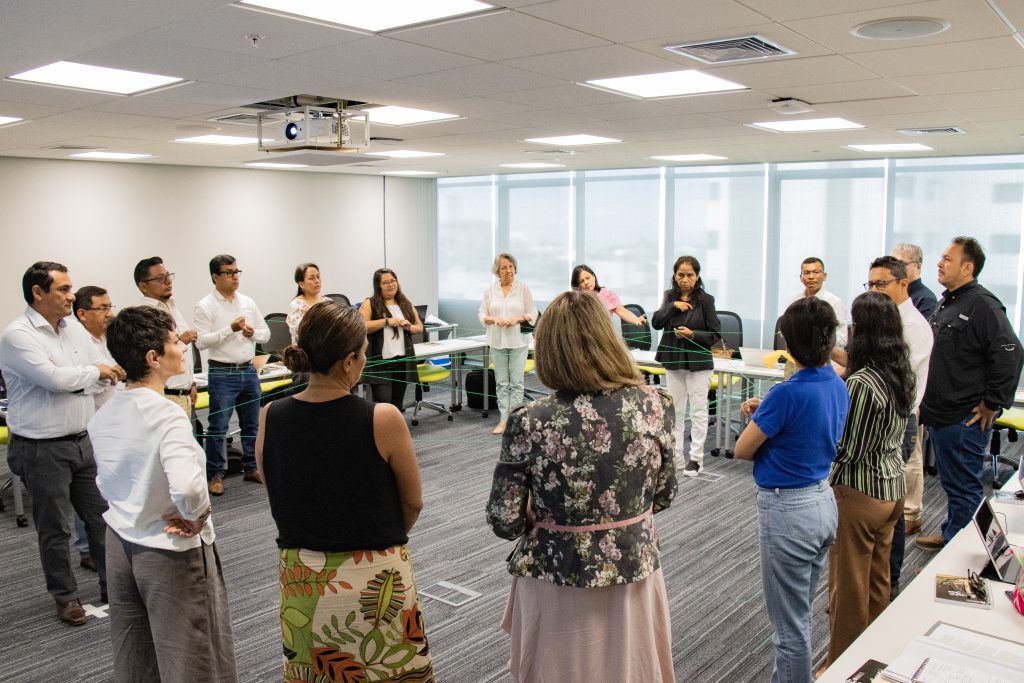
About the project “Dry Forest of the Northern Coast of Peru”.
Dry forest ecosystems are crucial for climate change adaptation and mitigation, as they harbor great biological diversity and provide essential ecosystem services for local communities.
The project “Dry Forest of the Northern Coast of Peru” is an initiative financed by the Global Environment Facility (GEF) and executed by the Ministry of the Environment. It is supported by the Ministry of Agrarian Development and Irrigation, FAO, IUCN and Profonanpe. Learn more here.


